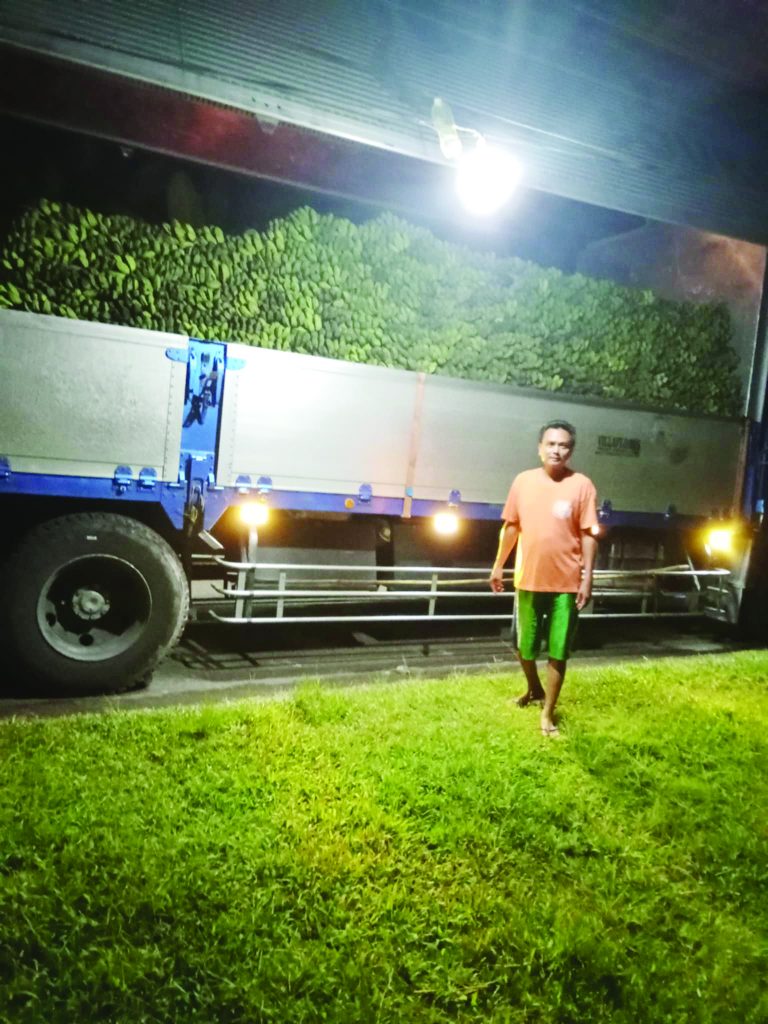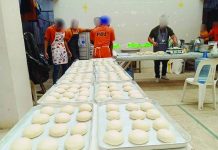TACLOBAN CITY — For the first time, Cardaba bananas grown in Leyte are reaching Metro Manila markets under their rightful name, marking a breakthrough for Eastern Visayas farmers long overshadowed in the national banana trade.

On August 7, the municipality of Jaro shipped 15 tons of Cardaba bananas directly to institutional buyer Pearlfoods Inc., ending decades of a little-known practice in which Leyte-grown bananas were bought by traders from Mindanao, rebranded as products from Davao or other Mindanao provinces, and sold in Luzon.
The milestone follows the Market Linkage Caravan organized by the Department of Agriculture’s Agribusiness and Marketing Assistance Service (AMAS) and Agribusiness and Marketing Assistance Division (AMAD) in Tacloban City from July 22 to 25, 2025. The event exposed how this rebranding—though not illegal—has deprived Leyte farmers of market identity and fair recognition for their produce.
One of those directly affected was Ernesto Enales, a farmer-leader from Brgy. Malobago, Jaro, who had unknowingly been supplying his bananas to a Mindanao-based trader who passed them off as Davao-grown. Through Pearlfoods, he learned that his bananas had been part of their supply chain for years—without credit to their Leyte origin.
Determined to change this, Enales cut out the middleman and entered a direct deal with Pearlfoods. The first truckload that left Jaro now bears proper labeling identifying the produce as Leyte-grown.
“This is a proud moment for our farmers,” said Judy Calabia, Municipal Agriculturist of Jaro. “We’re finally seeing our local producers take their rightful place in the value chain.”
Cardaba and Saba bananas from Leyte are prized not only for fresh consumption but also as the main raw material for banana chips, a rising export commodity. With Metro Manila buyers now expressing interest in sourcing directly from Leyte, the DA and local government units are working to establish sustainable, traceable supply chains that will allow Region 8 to stand as a recognized player in the national banana industry.
“This is just the beginning,” said Francis Rosaroso of DA Eastern Visayas. “We want more farmers and cooperatives to benefit from direct market access—getting fair prices and the recognition they deserve.”
(ROEL T. AMAZONA)



